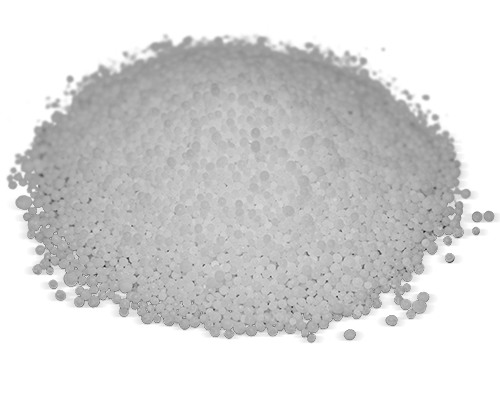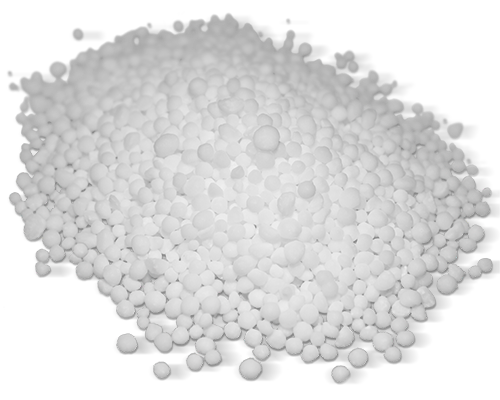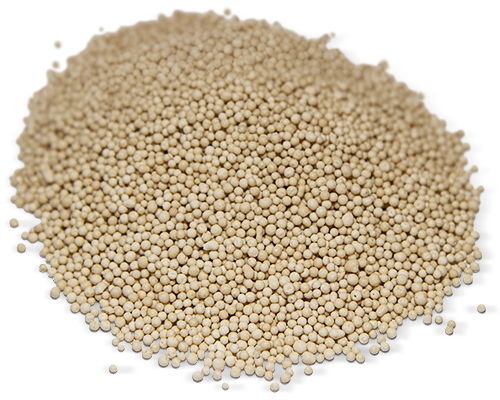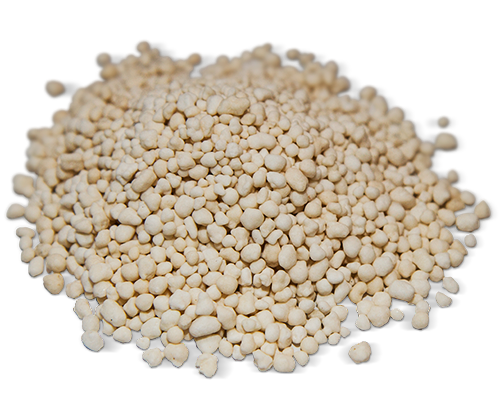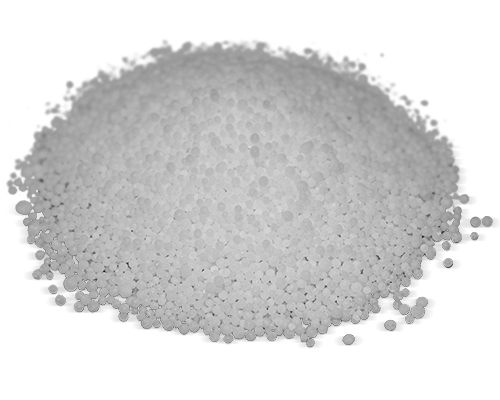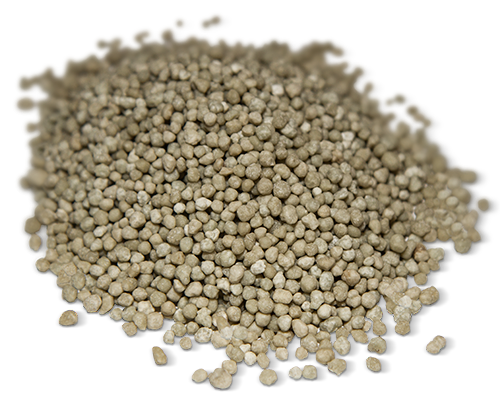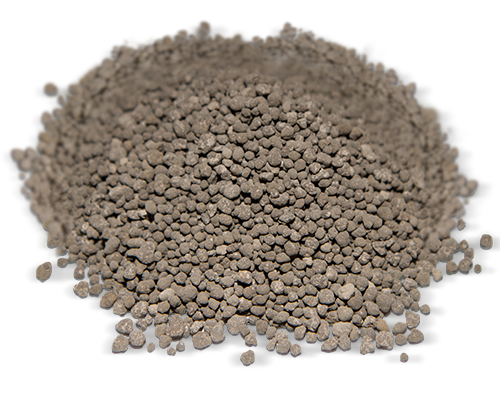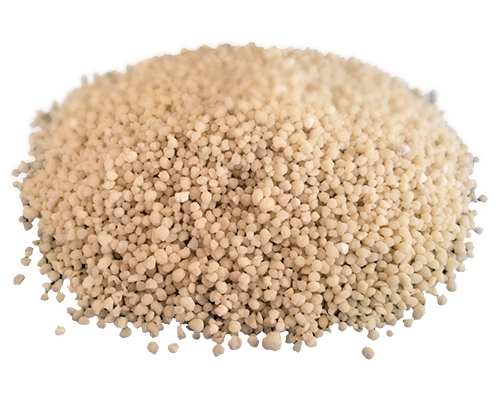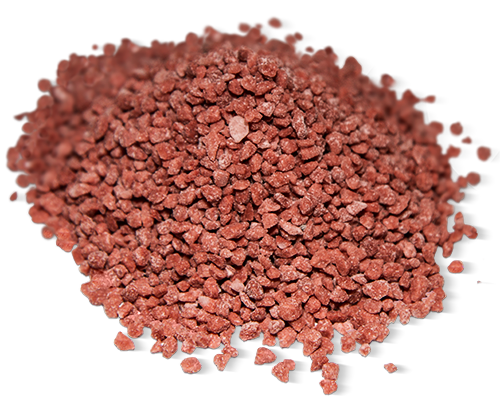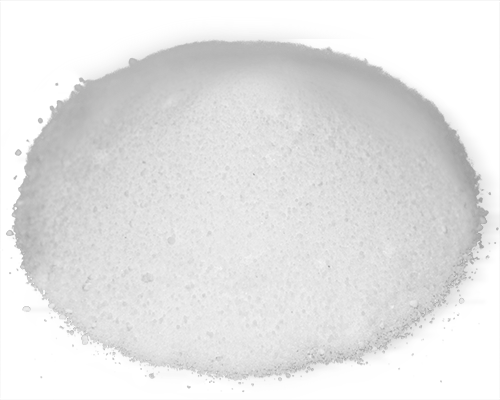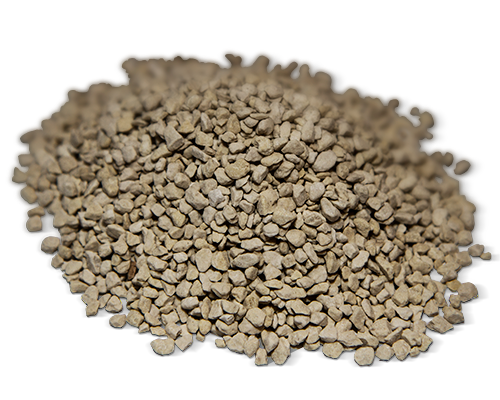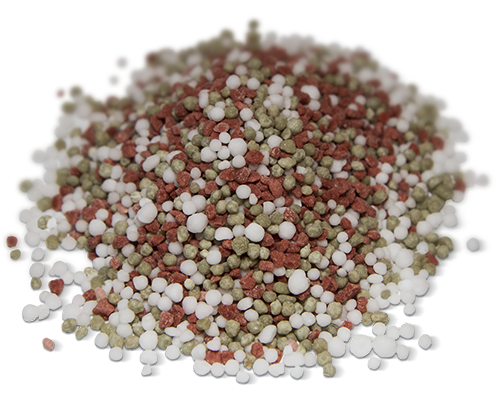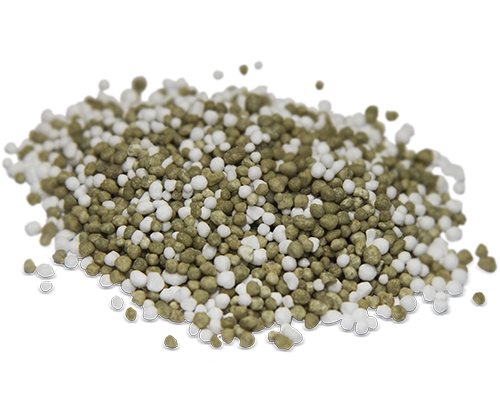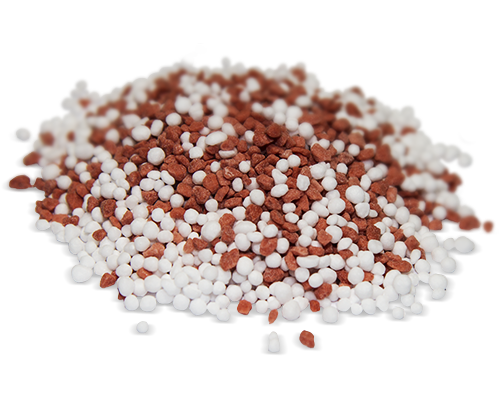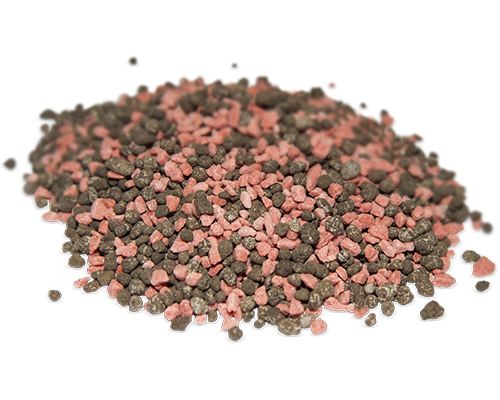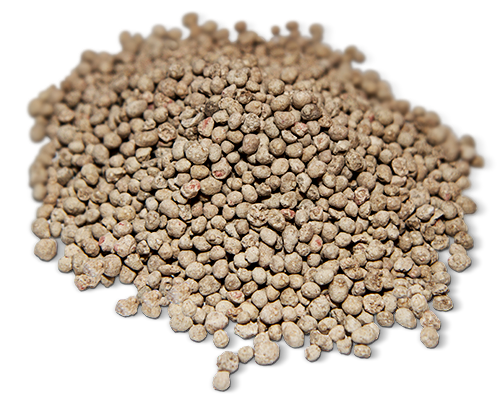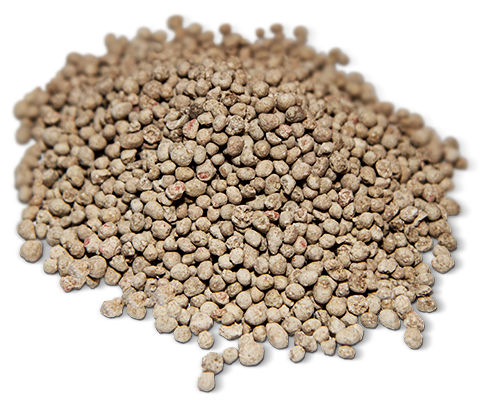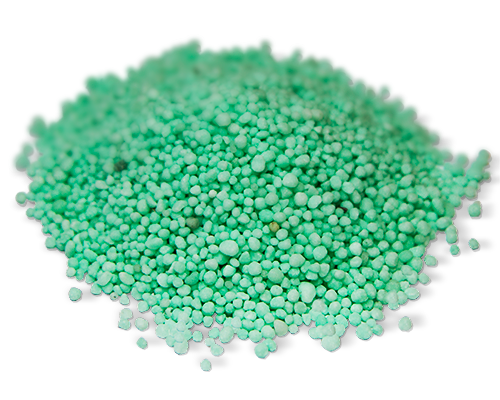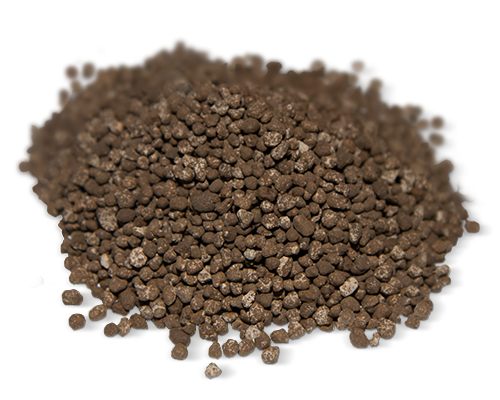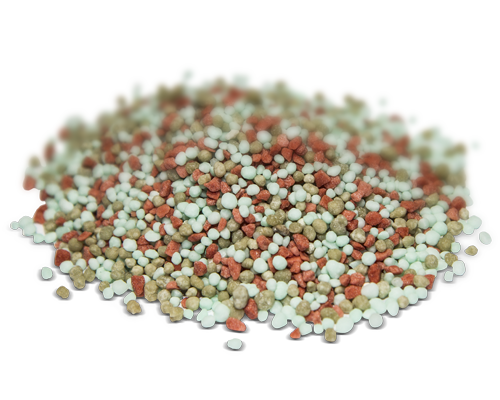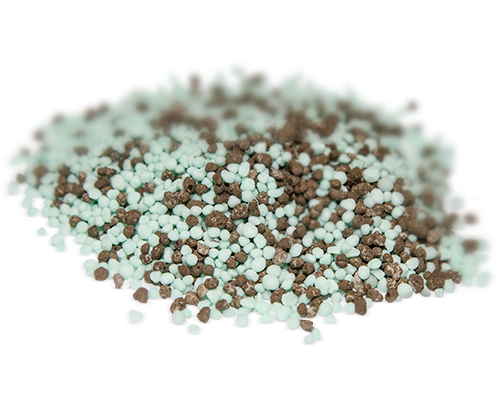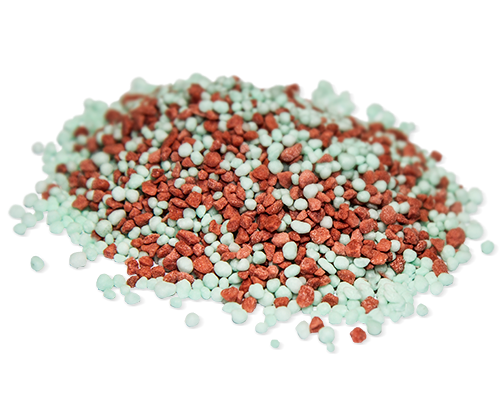Pursuant to Article 13 of the GDPR 679-2016 defined as "General Data Protection Regulation" we inform you that the processing of personal data provided during the supply of goods / services / services, aimed solely at fulfilling the contractual obligations and to fulfil your specifications requests, as well as to comply with regulatory obligations, in particular accounting and tax, as well as providing commercial information on our products and services, will take place at ARPA S.p.a. - Via Cremona, 27 int.5 - 46100 Mantova (Mn) Italia Contacts: Tel. +39 0376 262159 Fax +39 0376 1582195 – Web www.arpafertilizzanti.com E-Mail info@arpafertilizzanti.com - P.Iva 01529570200 - Cod.fisc. 02819260171 with the use of computerized procedures, in the ways and within the limits necessary to pursue the aforementioned purposes. The data provided will be processed in compliance with the aforementioned law, responding to the obligations of confidentiality and lawfulness that inspired our company and for the time strictly necessary for which they were collected that in case of non-use will not exceed 24 months; moreover, the data will not be disseminated. Your data, for strictly professional reasons and for the purpose of carrying out our service at best, can be communicated to:
The conferment of data could be mandatory for the exact execution of contractual and pre-contractual obligations, and their failure to indicate would make it impossible to complete the fulfillment of the required activities in an exact manner. Consent is not required, when the treatment:
The interested parties have the right to obtain from the Data Controller, in the cases provided for, access to personal data and the correction or cancellation of the same or the limitation of processing that concerns them or to oppose the treatment (Articles 15 and following of the Regulation).
Interested parties who believe that the processing of personal data reported to them through this site is in violation of the provisions of the Regulation have the right to lodge a complaint with the Guarantor, as provided for by art. 77 of the Regulations, or to take appropriate judicial offices (Article 79 of the Rules).
Below are the articles related to the rights of the interested party:
Article 15 Right of access by the data subject
The data subject shall have the right to obtain from the controller confirmation as to whether or not personal data concerning him or her are being processed, and, where that is the case, access to the personal data and the following information: (a) the purposes of the processing; (b) the categories of personal data concerned; (c) the recipients or categories of recipient to whom the personal data have been or will be disclosed, in particular recipients in third countries or international organisations; (d) where possible, the envisaged period for which the personal data will be stored, or, if not possible, the criteria used to determine that period; (e) the existence of the right to request from the controller rectification or erasure of personal data or restriction of processing of personal data concerning the data subject or to object to such processing; (f) the right to lodge a complaint with a supervisory authority; (g) where the personal data are not collected from the data subject, any available information as to their source; (h) the existence of automated decision-making, including profiling, referred to in Article 22(1) and (4) and, at least in those cases, meaningful information about the logic involved, as well as the significance and the envisaged consequences of such processing for the data subject. 2. Where personal data are transferred to a third country or to an international organisation, the data subject shall have the right to be informed of the appropriate safeguards pursuant to Article 46 relating to the transfer. 3. The controller shall provide a copy of the personal data undergoing processing. For any further copies requested by the data subject, the controller may charge a reasonable fee based on administrative costs. Where the data subject makes the request by electronic means, and unless otherwise requested by the data subject, the information shall be provided in a commonly used electronic form. 4. The right to obtain a copy referred to in paragraph 3 shall not adversely affect the rights and freedoms of others.
Article 16 Right to rectification
The data subject shall have the right to obtain from the controller without undue delay the rectification of inaccurate personal data concerning him or her. Taking into account the purposes of the processing, the data subject shall have the right to have incomplete personal data completed, including by means of providing a supplementary statement.
Article 17 Right to erasure (‘right to be forgotten’)
The data subject shall have the right to obtain from the controller the erasure of personal data concerning him or her without undue delay and the controller shall have the obligation to erase personal data without undue delay where one of the following grounds applies: (a) the personal data are no longer necessary in relation to the purposes for which they were collected or otherwise processed; 4.5.2016 L 119/43 Official Journal of the European Union EN (b) the data subject withdraws consent on which the processing is based according to point (a) of Article 6(1), or point (a) of Article 9(2), and where there is no other legal ground for the processing; (c) the data subject objects to the processing pursuant to Article 21(1) and there are no overriding legitimate grounds for the processing, or the data subject objects to the processing pursuant to Article 21(2); (d) the personal data have been unlawfully processed; (e) the personal data have to be erased for compliance with a legal obligation in Union or Member State law to which the controller is subject; (f) the personal data have been collected in relation to the offer of information society services referred to in Article 8(1). 2.Where the controller has made the personal data public and is obliged pursuant to paragraph 1 to erase the personal data, the controller, taking account of available technology and the cost of implementation, shall take reasonable steps, including technical measures, to inform controllers which are processing the personal data that the data subject has requested the erasure by such controllers of any links to, or copy or replication of, those personal data. 3.Paragraphs 1 and 2 shall not apply to the extent that processing is necessary: (a) for exercising the right of freedom of expression and information; (b) for compliance with a legal obligation which requires processing by Union or Member State law to which the controller is subject or for the performance of a task carried out in the public interest or in the exercise of official authority vested in the controller; (c) for reasons of public interest in the area of public health in accordance with points (h) and (i) of Article 9(2) as well as Article 9(3); (d) for archiving purposes in the public interest, scientific or historical research purposes or statistical purposes in accordance with Article 89(1) in so far as the right referred to in paragraph 1 is likely to render impossible or seriously impair the achievement of the objectives of that processing; or (e) for the establishment, exercise or defence of legal claims.
Article 18 Right to restriction of processing
1.The data subject shall have the right to obtain from the controller restriction of processing where one of the following applies: (a) the accuracy of the personal data is contested by the data subject, for a period enabling the controller to verify the accuracy of the personal data; (b) the processing is unlawful and the data subject opposes the erasure of the personal data and requests the restriction of their use instead; (c) the controller no longer needs the personal data for the purposes of the processing, but they are required by the data subject for the establishment, exercise or defence of legal claims; (d) the data subject has objected to processing pursuant to Article 21(1) pending the verification whether the legitimate grounds of the controller override those of the data subject. 2.Where processing has been restricted under paragraph 1, such personal data shall, with the exception of storage, only be processed with the data subject's consent or for the establishment, exercise or defence of legal claims or for the protection of the rights of another natural or legal person or for reasons of important public interest of the Union or of a Member State. 4.5.2016 L 119/44 Official Journal of the European Union EN
3.A data subject who has obtained restriction of processing pursuant to paragraph 1 shall be informed by the controller before the restriction of processing is lifted.
Article 19 Notification obligation regarding rectification or erasure of personal data or restriction of processing the controller shall communicate any rectification or erasure of personal data or restriction of processing carried out in accordance with Article 16, Article 17(1) and Article 18 to each recipient to whom the personal data have been disclosed, unless this proves impossible or involves disproportionate effort. The controller shall inform the data subject about those recipients if the data subject requests it.
Article 20 Right to data portability
1.The data subject shall have the right to receive the personal data concerning him or her, which he or she has provided to a controller, in a structured, commonly used and machine-readable format and have the right to transmit those data to another controller without hindrance from the controller to which the personal data have been provided, where: (a) the processing is based on consent pursuant to point (a) of Article 6(1) or point (a) of Article 9(2) or on a contract pursuant to point (b) of Article 6(1); and (b) the processing is carried out by automated means. 2.In exercising his or her right to data portability pursuant to paragraph 1, the data subject shall have the right to have the personal data transmitted directly from one controller to another, where technically feasible. 3.The exercise of the right referred to in paragraph 1 of this Article shall be without prejudice to Article 17. That right shall not apply to processing necessary for the performance of a task carried out in the public interest or in the exercise of official authority vested in the controller. 4.The right referred to in paragraph 1 shall not adversely affect the rights and freedoms of others.
Article 21 Right to object
1.The data subject shall have the right to object, on grounds relating to his or her particular situation, at any time to processing of personal data concerning him or her which is based on point (e) or (f) of Article 6(1), including profiling based on those provisions. The controller shall no longer process the personal data unless the controller demonstrates compelling legitimate grounds for the processing which override the interests, rights and freedoms of the data subject or for the establishment, exercise or defence of legal claims. 2.Where personal data are processed for direct marketing purposes, the data subject shall have the right to object at any time to processing of personal data concerning him or her for such marketing, which includes profiling to the extent that it is related to such direct marketing. 3.Where the data subject objects to processing for direct marketing purposes, the personal data shall no longer be processed for such purposes. 4.5.2016 L 119/45 Official Journal of the European Union EN
4.At the latest at the time of the first communication with the data subject, the right referred to in paragraphs 1 and 2 shall be explicitly brought to the attention of the data subject and shall be presented clearly and separately from any other information. 5.In the context of the use of information society services, and notwithstanding Directive 2002/58/EC, the data subject may exercise his or her right to object by automated means using technical specifications. 6.Where personal data are processed for scientific or historical research purposes or statistical purposes pursuant to Article 89(1), the data subject, on grounds relating to his or her particular situation, shall have the right to object to processing of personal data concerning him or her, unless the processing is necessary for the performance of a task carried out for reasons of public interest.
